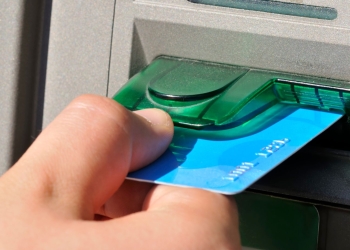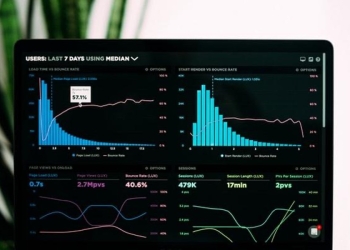Law enforcement agencies encompassing the National Crime Agency (NCA) and National Cyber Crime Unit (NCCU) in the UK have regained a huge pile of stolen passwords and email IDs. The stolen passwords recouped in the UK were from a hacked cloud storage facility that affected internet users worldwide. The NCA announced that it had reclaimed roughly around 22.5 crore passwords and is ‘donating’ them to the database of ‘Have I Been Pwned’ (HIBP). For those who are not aware of this, ‘Have I Been Pwned’ is a free online service that lets anyone search whether their password or the email ID is leaked or not. For HIBP, this is the biggest database that they obtained from the police and enlarges to the 61.3 crore stolen passwords that they already possess in their database. In an official statement, the NCS announced, “During recent NCA operational training, the NCCU’s Mitigation@Scale team was able to observe a huge amount of potentially compromised credentials in a compromised cloud storage facility.” Leaked passwords are like a jackpot for cybercriminals. They can equip their password-cracking algorithms with these passwords to precisely guess what your password could be for any online service involving banking.
The Best Ways to Store Passwords to Avoid Hacking
With the police dealing with these passwords with the ‘Have I Been Pwned’ website, you will be notified if your password is already in the database of cybercriminals or not. If it is then you may want to alter the passwords of significant services instantly before getting hacked. To search whether your password or the email ID is already available to cybercriminals or not, follow the below-mentioned steps:
- Go to the ‘Have I Been Pwned’ website: https://haveibeenpwned.com/
- To check whether your email ID is safe or not: Type your email ID and click on the ‘pwned?’ button. If it’s circulated then the site will notify you. You can also reiterate the step for searching your phone number.























